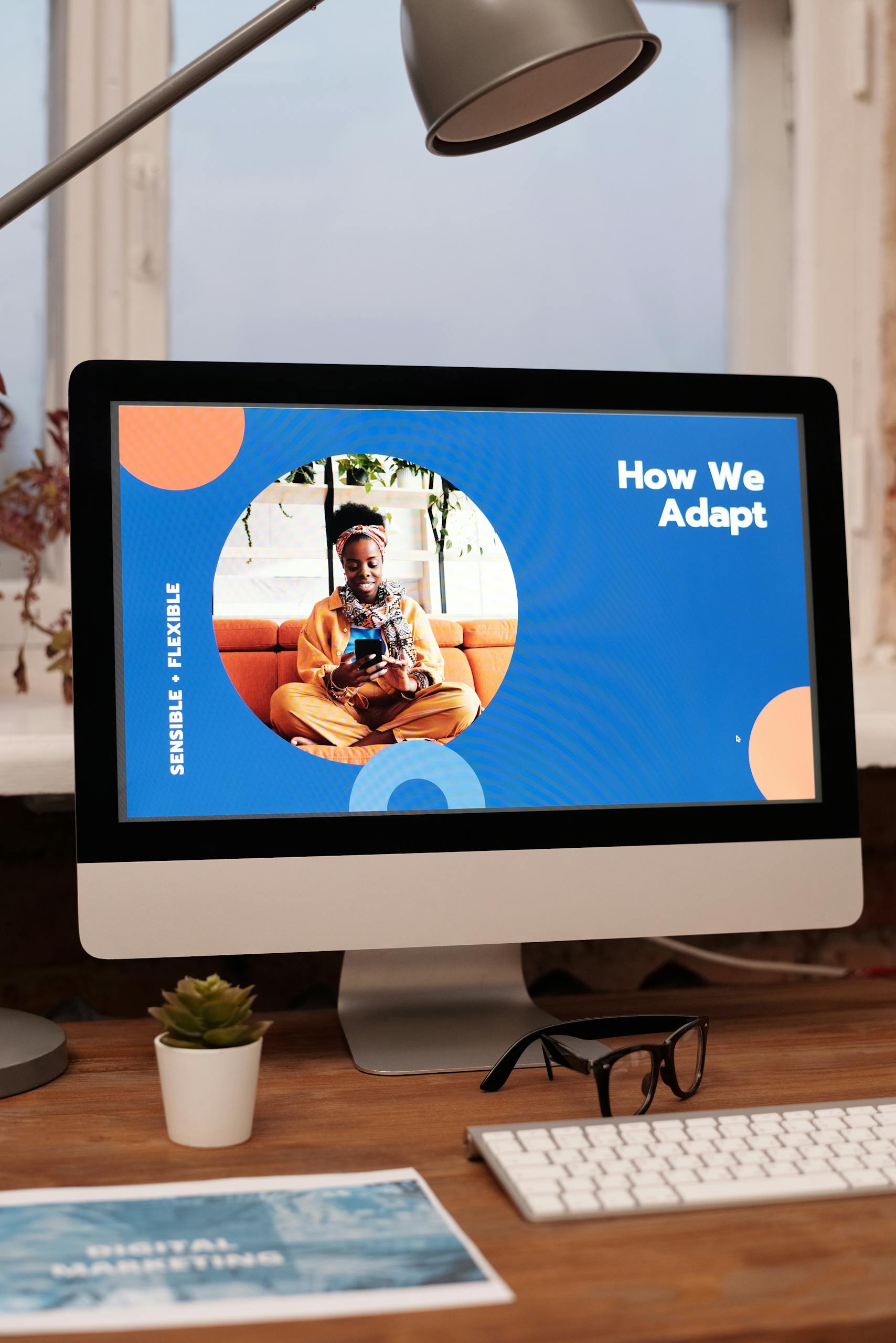No one is an authority on digital accessibility.
People are doing fantastic work in digital accessibility research in education (DARE). Researchers, accessibility service providers, technology developers, and educators, are making meaningful change, but none of us are authorities on digital accessibility.
Learners are experts in their own experiences of digital accessibility and inaccessibility in education. They know what helps and what hurts.
Digital accessibility is experiential, relational and dynamic.
Learner Experiences
Posts in this section explore learners’ experiences of digital accessibility and inaccessibility. You will encounter visceral, emotional, and learning experiences together because rarely are they experienced separately by learners with disabilities.
Learners Take on Tech
Posts in this section offer educators bite-sized interventions using videos, reflections, and problem-posing to prompt ideation toward transformative accessible digital praxis.


